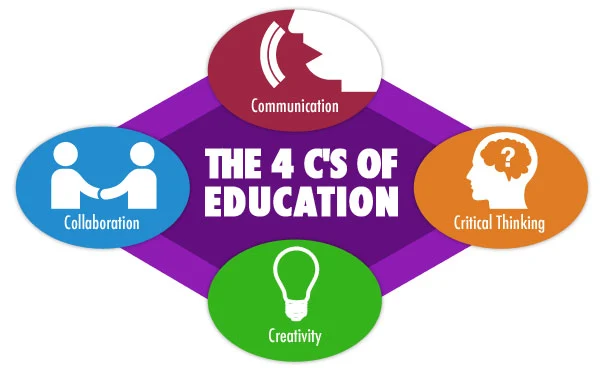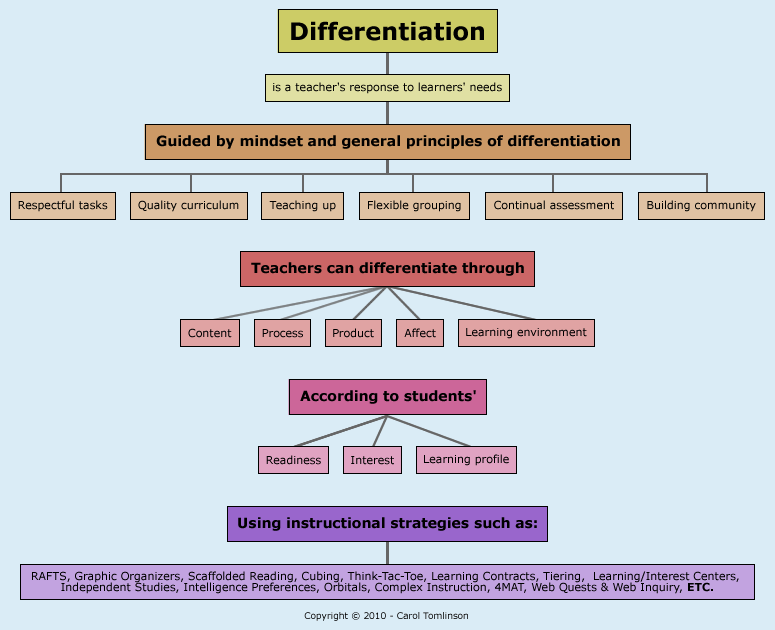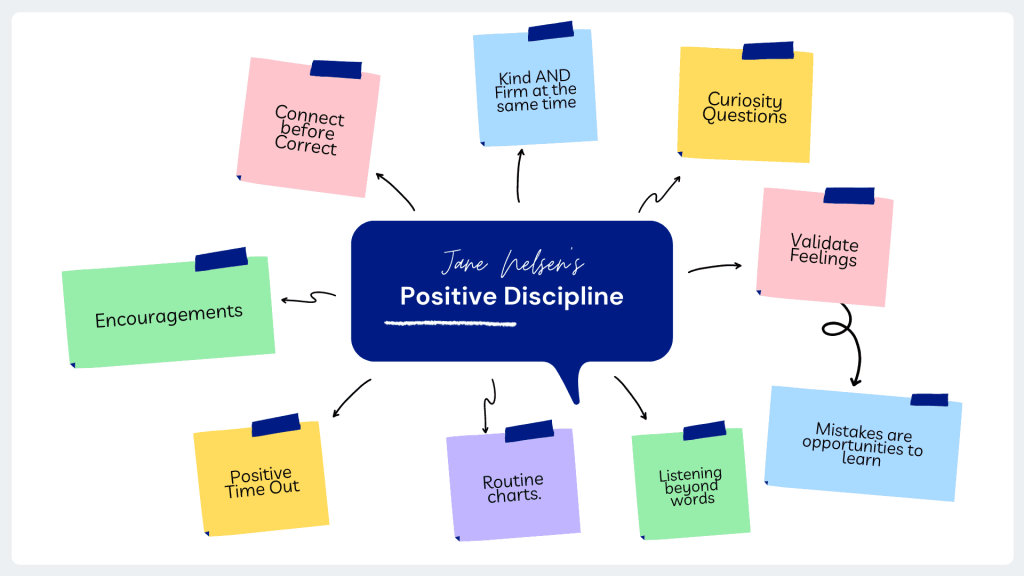Our Approach
Home / Our Approach
Ansaar Academy Approach
Fostering Students Success: The California Common Core State Standards
The California Common Core State Standards (CCCSS) are educational benchmarks that outline the skills and knowledge students should acquire at each grade level, aimed at preparing them for post-secondary education and careers. Unlike previous standards, CCCSS prioritizes the development of critical thinking and analytical skills, which are increasingly important in the 21st-century job market and academia.
This approach acknowledges that learning is a progressive process, where students must build a foundation of skills and knowledge at each grade level to tackle more advanced concepts in subsequent grades. Regular review and assessment are essential to ensure that all students are making progress toward these standards.
The California Common Core State Standards (CCCSS) are educational benchmarks that outline the skills and knowledge students should acquire at each grade level, aimed at preparing them for post-secondary education and careers. Unlike previous standards, CCCSS prioritizes the development of critical thinking and analytical skills, which are increasingly important in the 21st-century job market and academia.
This approach recognizes learning as a continuous journey, where students progressively build essential skills and knowledge at each grade level, preparing them to confidently engage with more advanced concepts in subsequent grades. Ongoing review, assessment, and personalized learning plans are essential to ensuring that all students progress toward meeting these standards.


Nurturing 21st-Century Skills: The Vital Role of the 4 Cs
In the context of 21st-century education, it’s essential to emphasize the significance of the 4 Cs: Communication, Collaboration, Critical Thinking, and Creativity alongside Problem-Solving, and Reasoning.
These skills go beyond academic subjects and have broad applications in students’ lives, spanning various educational, career, and public settings.
Unlocking Student Potential: The Power of Differentiated Instruction
Differentiation in the classroom involves customizing instruction to meet the specific needs of individual students, ensuring that they receive appropriate challenges and support on their learning journey.
This approach acknowledges that a one-size-fits-all lesson plan cannot effectively address the diverse needs of all students. Dr. Carol Ann Tomlinson, a prominent figure in differentiation, describes it as a way to provide students with multiple options for learning, understanding, and expressing what they have learned.
Ultimately, differentiation is about making common-sense decisions that prioritize the individual needs of students in the teaching process, promoting more effective and engaging learning experiences.

Building Strong Foundation:
The Lifelong Value of Leadership Development
Cultivating a confident and dynamic personality provides students with a competitive advantage. This edge becomes increasingly crucial in higher education and professional environments. The demand for student leadership, therefore, remains substantial. To appreciate the merits that leadership skills offer to students and their future careers, consider the following list:
- Leadership skills instill profound self-assurance in students.
- These skills prepare school students for college applications and interviews.
- They augment the value of students' resumes.
- Leadership qualities foster the development of superior problem-solving skills.
- Leadership abilities enable students to grasp the essence of teamwork and networking.
- Leadership skills enhance students' communication capabilities.
- Leadership traits impart a professional demeanor to students.
- Leadership qualities introduce students to a wide array of potential career paths.
- Equipped with leadership skills, students can excel in co-curricular activities.
- Leadership roles promote healthy competition among students.
Shaping Responsible Students: The Framework of Positive Discipline
Positive discipline in our school places its primary emphasis on nurturing self-discipline, cultivating respect, and fostering responsible conduct in students. It advocates for the utilization of non-punitive methods that are characterized by respect, equity, and support, rather than a sole reliance on punitive measures.
Positive discipline strategies encompass several key elements, including establishing unambiguous expectations, employing efficient communication, delivering purposeful consequences, and imparting problem-solving skills. This approach is geared towards establishing a safe and all-encompassing learning atmosphere, concurrently aiding students in the acquisition of self-regulation, empathy, and a profound sense of personal responsibility.

